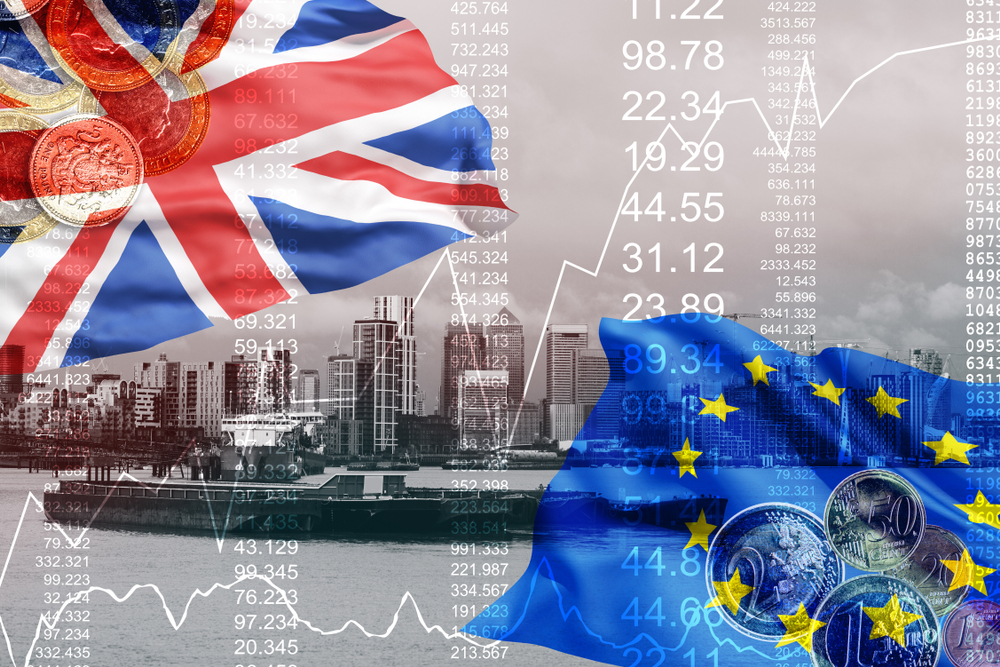In 2016, over 30 million UK citizens voted in a referendum for its sovereign nation to cut ties with the European Union. The turnout was enormous, with a total of 71.8% of the population taking part in the election and producing an outcome of 51.9% in favor of leaving, while 48.1% voted to remain within the EU jurisdiction.
The prospects of putting into practice the results of the democratic process that has lead us here however, have proven quite tenuous and bleak. Looking ahead, the timetable and parameters for the complete removal of Britain from the EU is a proposed two years at a total cost of up to 50 billion pounds. This also includes a mandate for the UK to first take EU rules under its own laws before only then being able to do away with which parts it sees fit.
Initially, Prime Minister Theresa May sent signals to her constituency that she would respect the will of the voters and that, as she put it, “No deal is better than a bad deal”.
She has since abandoned this Brexit agenda altogether and is now focused on negotiations that would satiate her hardline political opposition at home and negotiating partners within the EU by instead opting to remain party to the EU Customs agreement until a more definite trade proposal can be established between the two sides.
There is no timetable for a more firm agreement, and the period could last indefinitely, potentially keeping the UK under EU regulations long into the future.
This has angered and inflamed members of her own party and cabinet, even resulting in MP Chris Heaton-Harris who was the Parliamentary Under-Secretary of State at the Department for Exiting the European Union (DExEU), abandoning his position amid the negotiations on April 3rd. This was after May announced that she would request a second Brexit delay from the European Council.
The Withdrawal Agreement stands at the center of the controversy and criticism of how the departure is being handled (or according to many, mishandled). The frustration arises from the fact that neither the UK nor the EU want a hard border to exist along Northern Ireland and Ireland post-Brexit. So while the EU has proposed a temporary “fix” in which Northern Ireland would remain within the EU Customs Union and Single Market until a free trade agreement between them was produced, the UK took exception to the idea, as it would undermine their own internal markets.
Instead, the Withdrawal Agreement keeps the UK within the Customs Union and Northern Ireland would remain within the EU Single Market beyond the established transitional period for Britain’s leave, set to expire in December of 2020. The arrangement would also last without a fixed time period if or until a replacement trade agreement can be had.
The deal has managed to sufficiently antagonize not one but both sides of the issue, with the remain side worried about the effects of dividing Northern Ireland from the rest of the UK (while at the same time keeping the UK within its Customs area). This is something most view as much worse than simply continued EU membership.
Meanwhile, for those wanting to leave, the results of remaining tethered to the EU through the proposed tentative agreements are much more unsatisfactory than the “clean break” and total departure that most in their camp wanted and voted for.
The likely outcome is a horrible deal from which the UK can further negotiate its objectives and positions and find its own way forward among the countless regulatory hurdles. Most experts view the alternative to be even more costly and chaotic. This would entail an outright rejection of any deal and a return to square one, where a reborn and renewed focus on a Brexit deal for the UK would begin all over again. This would involve a hotly-contested nationwide debate and an economically uncertain outlook for the country.
The future is uncertain for the UK and Brexit, and trying to make all sides happy may end up costing May or her party their positions of power if they aren’t careful. The political ramifications at home are already beginning to be felt, with both sides mobilizing their bases of support to contend with the new circumstances and political horizon.
Nigel Farage’s new Brexit party is rapidly gaining support and bolstering its ranks among those who have felt left out and let down by the current leadership’s perceived lack of backbone in dealing with the EU.
May hoped to work with Labour counterparts in order to stave off any challenges to her leadership, but that proved to be unmanageable and amid a political atmosphere that simply grew impatient with her approach.
What the coming months hold for the United Kingdom as well as the European Union remains to be seen, but it likely won’t come without its fair share of twists and turns.
Akashic Times is the UK’s only online, fully independent not-for-profit newspaper that brings you real news from across the globe. If you want to keep ahead of what is really going on in the world, subscribe to our newspaper via the subscribe button and join our Facebook & Twitter pages. Subscription is completely free ofcourse

















Follow Us!